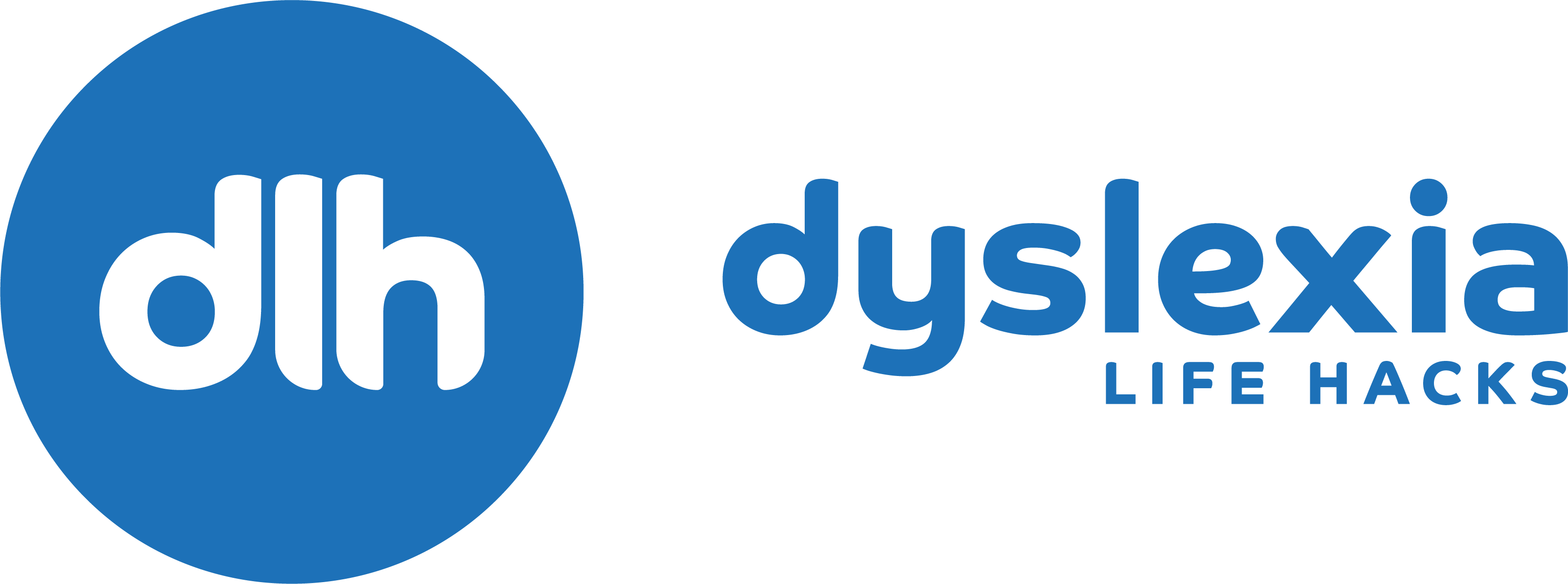You have created a brilliant talk or speech and used the hack Record A Presentation And Then Write It Down to get it perfect. On the day of the talk you have printed off at least three copies of your notes and are well prepared. However, part way through the talk you lose your place and are lost in your notes. The continuous black text on white paper is no longer a help.
The solution? Colour code your notes. Have each topic in a different colour. If you get a little lost you can look down, remembering you were talking about the red topic, and BOOM, you are back on track! Helping you achieve a smooth presentation, be more engaging to your audience, and not having to look at the notes as much – everyone can see your lovely eyes more.
If having all your notes in colour is a little too much, use nice bold coloured headings instead.
This hack as submitted by Rebecca – you can hear more from her on episode 3 of The Dyslexia Life Hacks Show.





